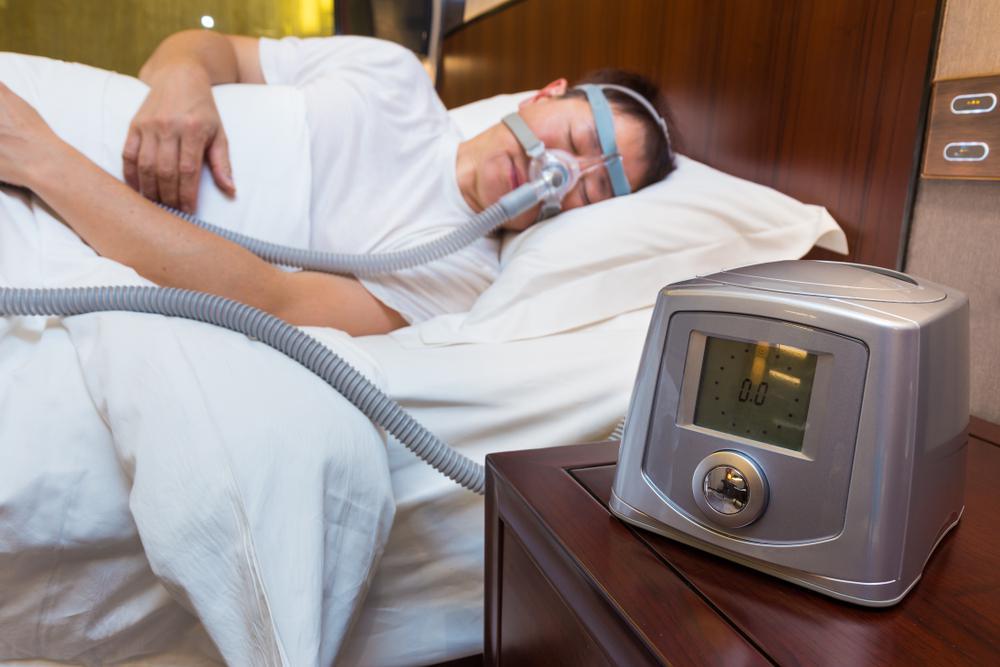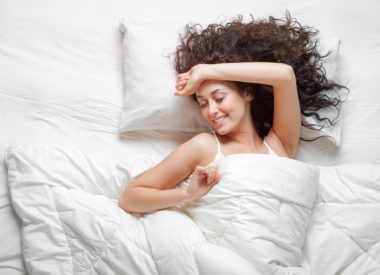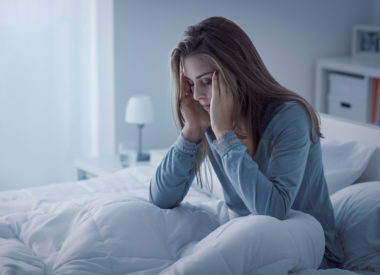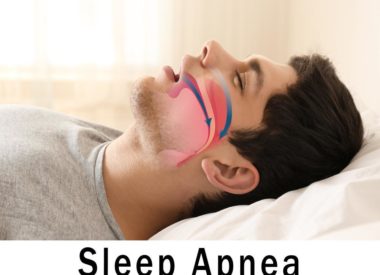How to find the Best CPAP Mask
Whether you’ve been newly diagnosed with sleep apnea, or you are in the market for a new CPAP mask, you still need to find a mask that fits you correctly and feels good.
This means you need one that prevents air from leaking and one that you can put on night after night and feel comfortable wearing.
When looking at the options you have for buying anew CPAP mask, remembering one key point:
The best CPAP mask for you is the one that you will wear.
Mask options
These masks are used to deliver pressurized air as part of continuous positive airway pressure therapy (better known as CPAP).
Three different styles of masks can do the job of helping you keep your upper airway open at night while you sleep so that you can breathe easily and without interruption.
- Nasal Pillows: This is the smallest of your options. This kind of mask streams a light puff of pressurized air through the nostrils. It uses much smaller headgear as well.
- Nasal CPAP: This the most popular and common option. It is a dome-shaped cup which you place over your nose, where it delivers pressurized air. It
requires more headgear than the nasal pillows, but nasal CPAP masks have been greatly improved over the years, which means they are smaller, lighter weight, and have minimal headgear. - Full Face: Also know as the oronasal mask, the full face mask is longer than the nasal CPAP mask so that it can be positioned over both the mouth and the nose. It typically uses the same headgear as the nasal CPAP.We’ve also discussed the advantages and disadvantages of these different masks on this blog here.
Our most popular brands
Sound Sleep Health offers a wide variety of sizes, styles, and brands for our patients. The most popular brands in our inventory include Respironics and ResMed. Because we have such a broad inventory, you can be sure you will find the exact mask that fits your needs, and we invite you to try on as many as necessary find the perfect fit.




Key factors in choosing a mask
Others may have issues with nasal breathing that are related to sinus or nasal problems (such as allergies or narrow physiology); in this case, mouth or “oral” breathing may still be your chief means of getting enough oxygen at night.
If you are certain that you are a mouth breather and you think will struggle with using CPAP, consider assisting yourself by way of a chin support, which can gently hold your jaw in place so that you breathe only through your nose. Barring this, a carefully fitted full-face mask can compensate for oral breathing without any compromise to CPAP therapy.
If there’s one main takeaway from this discussion about finding the best CPAP mask for your needs, it’s this:
Find the mask that you like the best,
that you find the most comfortable,
that best fits your face and your lifestyle.
Also, don’t be discouraged if you try one mask and discover it’s not “the one.” You can always express your concerns to your durable medical equipment (DME) provider and find another style or type to swap with until you arrive at the one you can easily live with, night after night.
These sleep experts are terrific resources, by the way; they can also help you with fit concerns, comfort issues, and tricks for adjusting to therapy, and they can also help you determine when it’s time to replace or replenish your supplies. Get to know your DME provider; they can really make a difference with your CPAP success!